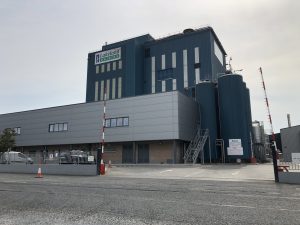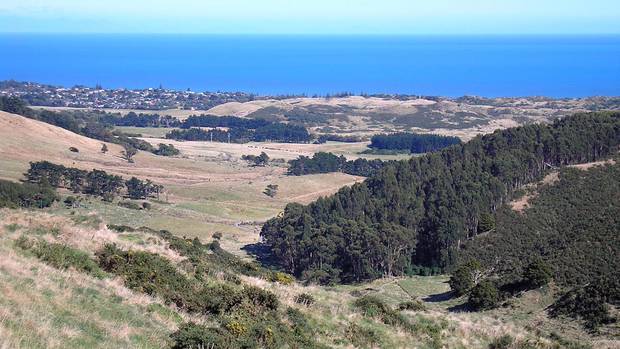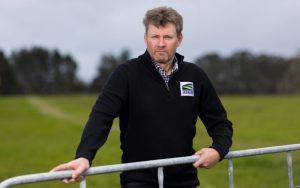
Kapiti’s rural economy is not specifically mentioned in the current strategy and it would be a serious mistake to continue to overlook this sector.
For the refresh to make sense in the context of Kapiti’s rural economy, we need to ask the question why was the rural economy as a sector overlooked in the 2015-2018 strategy?
A 2010 economic development document commissioned by KCDC provides some insights.
The document Rural Productive Potential in Greater Otaki, commissioned by senior manager Gail Ferguson, was undertaken by Massey University’s Landcare Research. It notes that horticultural production had shrunk for a number of reasons.
The main being the discovery of Kapiti as a rural retreat for the city dwellers of Wellington. With that has come an increase in land prices and dairy farmers opting to subdivide the land into lifestyle blocks. Higher land and compliance costs saw some farmers move north to cheaper options in the Horowhenua.
Large scale production and changes in consumer tastes were other reasons. Despite that decline, Otaki may still have a significant production of eggs, chicken, raw milk, olive oil, and a range of vegetables.
That Landcare research was done almost a decade ago.
Today, the growth pressure on Kapiti has increased with the opening of the M2PP expressway and the coming completion of PP2O and Transmission Gully. The Landcare research included interviews of producers like orchardists, vegetable growers, dairy farmers, meat producers and food processors.
I urge stakeholders of our rural economy to contribute to the refresh. Apart from that 2010 study we really know very little about our rural economic sector.
What I know is that our weekend markets that add vibrancy to our urban lives are supplied by local growers. And there may be hidden rural businesses that we know nothing about.
It could be reasonable to assume that a key reason why Kapiti’s rural economy has been overlooked in our economic development strategy is that the people who have participated and shaped this strategy have largely been representatives of the urban business sector.
One could also make a case that, given the rural economy is predominantly located within the Greater Otaki area, the current strategy was developed by representatives of the urban business sector living south of Otaki. Federated Farmers, which represents a small sector of Kapiti’s rural economy, has strong views on economic development strategies.
Have their views been solicited? I quote from their recent publication: “Forgotten too can be the meaningful contribution of existing businesses like farming to local economies.”
What about Horticulture NZ?
And do we know if our lifestyle blocks are generating new businesses or supporting new activities like the equestrian industry? Lifestyle blocks, I suspect, are also where the digital economy is taking place. In looking at refreshing our economic development strategy we should know that we don’t know and that should at least make us try to know.
























